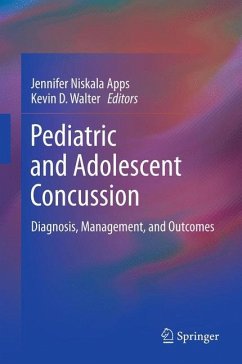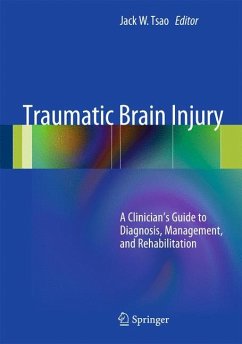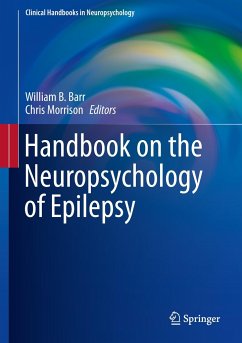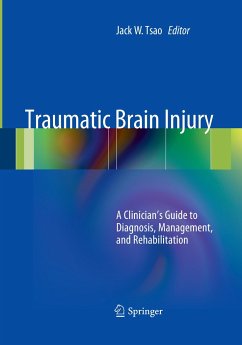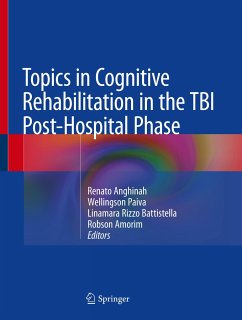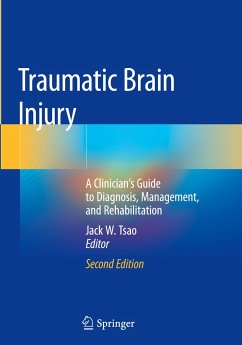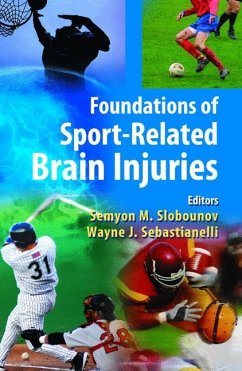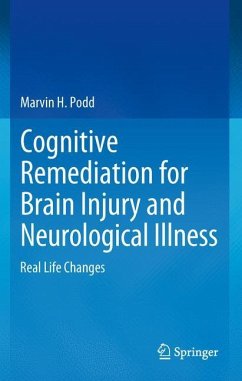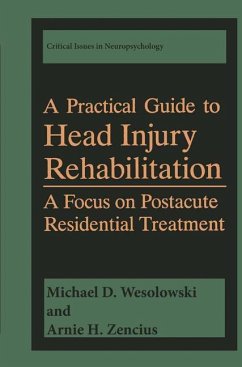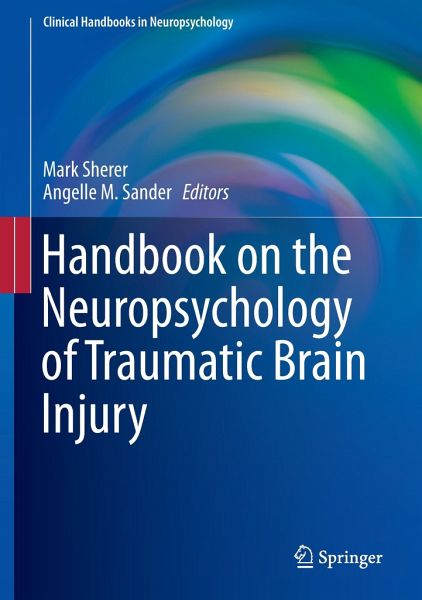
Handbook on the Neuropsychology of Traumatic Brain Injury

PAYBACK Punkte
96 °P sammeln!
This book collects and synthesizes the latest thinking on the condition in its variety of cognitive and behavioral presentations, matched by a variety of clinical responses. Acknowledging the continuum of injury and the multi-stage nature of recovery, expert contributors review salient research data and offer clinical guidelines for the neuropsychologist working with TBI patients, detailing key areas of impairment, brief and comprehensive assessment methods and proven rehabilitation strategies. Taken together, these chapters provide a framework for best serving a wide range of TBI patients (in...
This book collects and synthesizes the latest thinking on the condition in its variety of cognitive and behavioral presentations, matched by a variety of clinical responses. Acknowledging the continuum of injury and the multi-stage nature of recovery, expert contributors review salient research data and offer clinical guidelines for the neuropsychologist working with TBI patients, detailing key areas of impairment, brief and comprehensive assessment methods and proven rehabilitation strategies. Taken together, these chapters provide a framework for best serving a wide range of TBI patients (including children, elders, and patients in multidisciplinary settings) and model treatment that is evidence-based and relevant. A sample of the topics featured in the Handbook:
Bedside evaluations in TBI.Outcome assessment in TBI.Collaborating with family caregivers in the rehabilitation of persons with TBI.Behavioral assessment of acute neurobehavioral syndromes to inform treatment.Pediatric TBI: assessment, outcomes, intervention.Special issues with mild TBI in veterans and active duty service members.
Expanding professional knowledge on a topic that continues to grow in importance, the Handbook on the Neuropsychology of Traumatic Brain Injury is a premier resource, not only for neuropsychologists but also for other professionals in cognitive care, and trainees entering the field.
Bedside evaluations in TBI.Outcome assessment in TBI.Collaborating with family caregivers in the rehabilitation of persons with TBI.Behavioral assessment of acute neurobehavioral syndromes to inform treatment.Pediatric TBI: assessment, outcomes, intervention.Special issues with mild TBI in veterans and active duty service members.
Expanding professional knowledge on a topic that continues to grow in importance, the Handbook on the Neuropsychology of Traumatic Brain Injury is a premier resource, not only for neuropsychologists but also for other professionals in cognitive care, and trainees entering the field.





